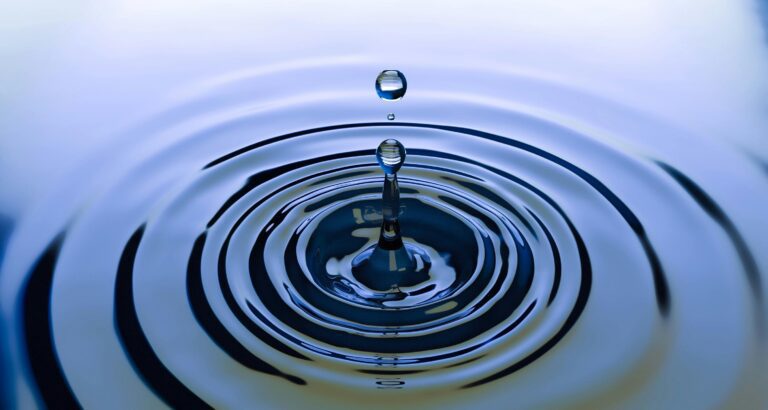Water is essential for everything – for our muscles, eyes, and blood circulation… Therefore, it’s understandable that water should receive significant attention in any dietary program. However, until now, I didn’t quite grasp why we need to drink 2 liters of water every day. Well, let’s delve deeper.
Our ancestors didn’t have the luxury of carrying water bottles or pots everywhere they went. Thus, water wasn’t readily available everywhere and at all times. So, our forefathers found ways to obtain water… from plants and the food they ate. And yes, that’s one reason why we should eat vegetables and fruits, among other reasons – to get water. Today, when we don’t get enough water, our bodies send us an old familiar signal – EAT. But today, we eat not vegetables, but whatever is conveniently at hand. And what’s usually at hand is stuff abundant in sugar, salt, additives, but far from being as hydrating – kebabs, chips, sausages, burgers, sandwiches, and other “goodies”… So instead of getting water, we consume things that absorb the remaining water in our bodies, and – isn’t it amazing – our bodies send us the signal again – EAT, because we’re dying of thirst.
In this way, thirst stimulates hunger, hunger stimulates the desire to eat food containing water. But since there’s no water in the food we eat, the body encourages us to eat more. And we get caught in a vicious cycle. As a result, most people today experience dehydration without even realizing it.
Scientific research corroborates the age-old wisdom of prioritizing hydration. Water comprises approximately 60% of the human body and is involved in numerous physiological processes, including nutrient transport, temperature regulation, and waste removal. Dehydration can impair cognitive function, diminish physical performance, and compromise immune function, highlighting the vital role of water in maintaining optimal health.
Oh! Finally, I see a logical explanation why we need to drink so much water. This explanation motivates me much more than just being told “you need to”.
What water to drink? The best – plain water, perfectly fine from the tap in some countries; you can enrich it with minerals – just add a couple of grains of quality salt (e.g., Himalayan) and the water becomes smooth as silk. If the water is salty – you’ve overdone it with salt.
The quality of water we consume is paramount to our health. Clean, filtered water free from contaminants is essential for hydration. Natural mineral water, enriched with beneficial minerals, offers additional health benefits, replenishing electrolytes lost during perspiration and physical exertion.
Should you drink carbonated mineral water? If your body is trying to get rid of accumulated gas (trying to say it politely :)), then your body doesn’t need it. So, natural is best.
Experts recommend consuming 6 to 8 glasses of water daily, adjusted based on individual factors such as body size, activity level, and climate. So, if you’re a big person – let the glasses be big, and if small – smaller. It’s best to drink water in small sips, not to drink before or immediately after a meal (because stomach acids try to digest food, and water dilutes them, thus slowing down digestion). OK, now I understand the advice I’ve heard before – don’t drink water 30 minutes after a meal. But isn’t it interesting that in restaurants, water is often served before the meal, and along with it, there’s often a glass of wine or a beer glass on the table… Which seems to only cause additional problems for digestion. Hmm, I remember the acidity often rises in my throat when pouring something liquid on top of food…
Water is life. We can live minutes without air, days without water. But we can spend weeks without food and still survive. Interesting, isn’t it? Since when in our lives did the need (or habit) to eat three times a day and a little in between arise, if we can go without food for so long?
Water is not only essential for life but also a cornerstone of optimal health and vitality. By honoring both traditional wisdom and scientific understanding, we can appreciate the profound impact of hydration on our well-being. Let us embrace the timeless tradition of prioritizing water in our daily diets, nurturing our bodies and minds for a healthier, more vibrant life.
